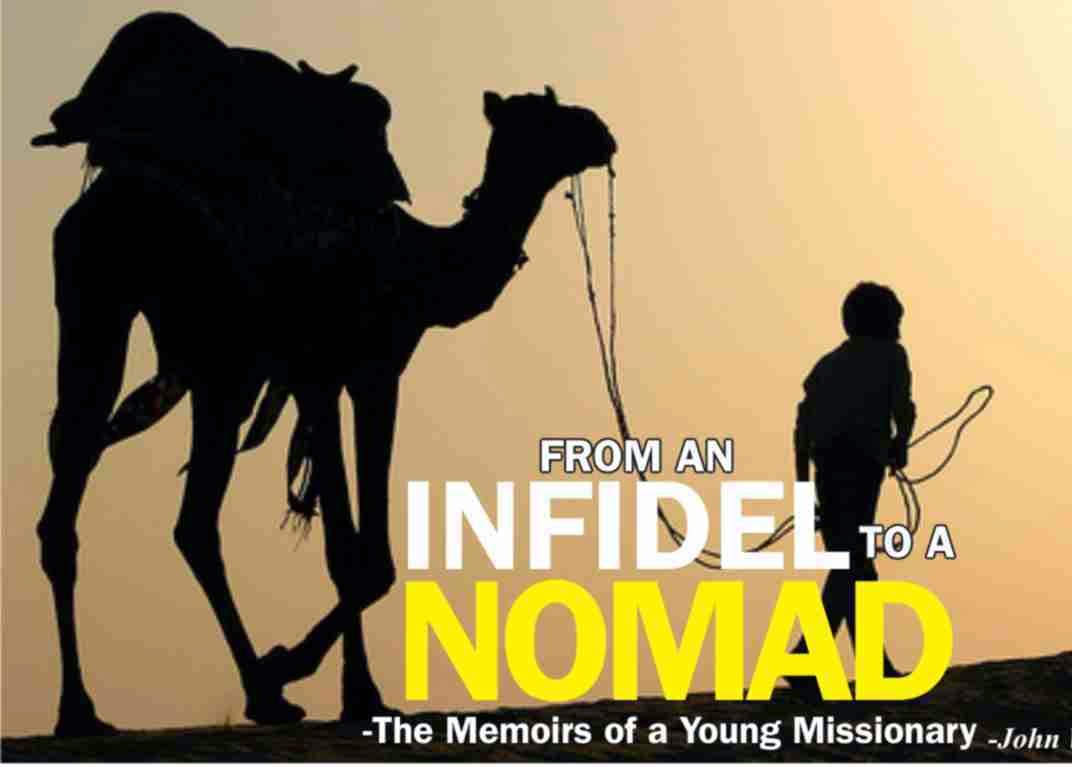YOU CAN DO MISSIONS ANYWHERE TODAY
The challenge facing missions today is not where and how to do it. The challenge facing missions today is lack of vision. It is lack of understanding that leads to lack of vision. Many Christians are yet to fully understand and so are unable to have vision.
Mission is done in the context of culture.
In the Bible, God has grouped people into cultures. People who have the same
identity or cultural affinity are called a people or ethnic group. The Bible
calls it ‘Nation.’ God’s plan therefore is for the Church to identify these
people groups wherever they are, especially those who have not been reached,
and then give them the Gospel. It means that these people groups can be in
remote areas as well as in cities. This implies also that they can be reached
at the same time in remote areas and in cities.
Gone are the days where people see mission
work as only what is done in an interior village. Globalization and
urbanization have changed demographics of the world. Some people groups that
used to be in one interior village have now moved to cities due to
urbanization. Others are displaced because of war. For example, people from some
people groups in the North East of Nigeria have been displaced because of the
insurgency. Many of them are found in Cameroun, the Eastern Nigeria and in the
South West Nigeria, especially Lagos State.One of such is called the Hausa in
diaspora.
Churches therefore should seek to target
not only these ones that have been displaced because of the insurgency but the
ones that have been living in the cities and doing certain unskilled work. It
is easier to reach those who are outside their geographical locations than
reaching them in their areas. They do not fear persecution, and so are more
open to the Gospel.
Churches should do a survey to identify
these cultures and target them with the Gospel. Yes, they can reach the Yoruba
and Igbo people but these ones are not as strategic as the ones from the
northern part of Nigeria. The reason is because if the world were to consist
only of the Yoruba or Igbo, Jesus would have come, Mt.24:14. In the mission
context, the Gospel has been fully preached to these two people groups. But
there are these other ones that are yet to hear the Gospel, even for the first
time. These ones are very strategic. They are the ones that can easily be
radicalised and used as tools of destruction. Not only because of this, these
unreached peoples also must be given equal opportunity like others to hear the
Gospel.
Churches therefore must not look the other
way while these ones live in our midst and the Gospel is not preached to them.
To do so will be a great sin. It cost certain mission agencies a lot to take
the Gospel to them. Many of them had to sacrifice career and comfort to go all
the way to the north and live in their midst so that they will preach the
Gospel to them. Now, God in His providence has brought these northerners to our
door steps. Some of them serve as cobblers and fruit sellers. Others serve as
guards and ride motor cycles. Yet others sell articles in shops. What are the
churches doing to target them with the Gospel?
Two churches of different denominations in
Lagos, Nigeria caught this vision some years ago, and today, the history of
some of the people groups from the north is changing. For the church on the
Lagos Island it began with the security guard of the pastor. Through him, many
motor cycle riders were reached with the Gospel, and today there is a thriving
Hausa church service. Some of them have received the missionary vision and went
to a Hausa Mission School to be trained. Now, they are reaching their own
people. If the churches love the Lord and want to do His will, this is what
they should be doing.The time to do it is now before they slip from our hands.

Comments
Post a Comment